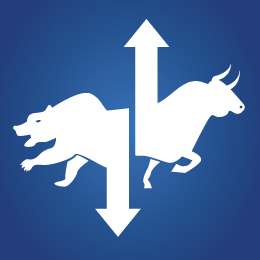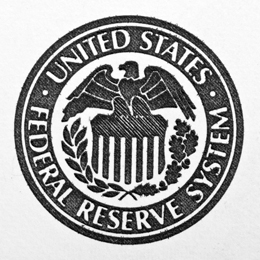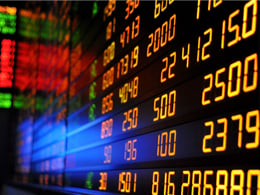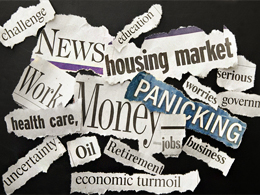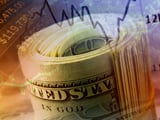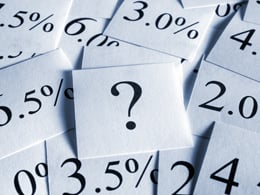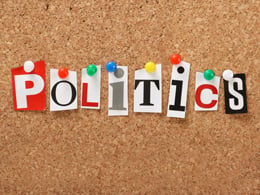I gave a talk last night to a group of clients, part of which included a discussion of the possible reasons behind recent market turbulence. Afterwards, a client asked me what else, beyond what I had discussed, could have caused the downturn? I thought that was an interesting way to look at how we as investors should watch markets.




